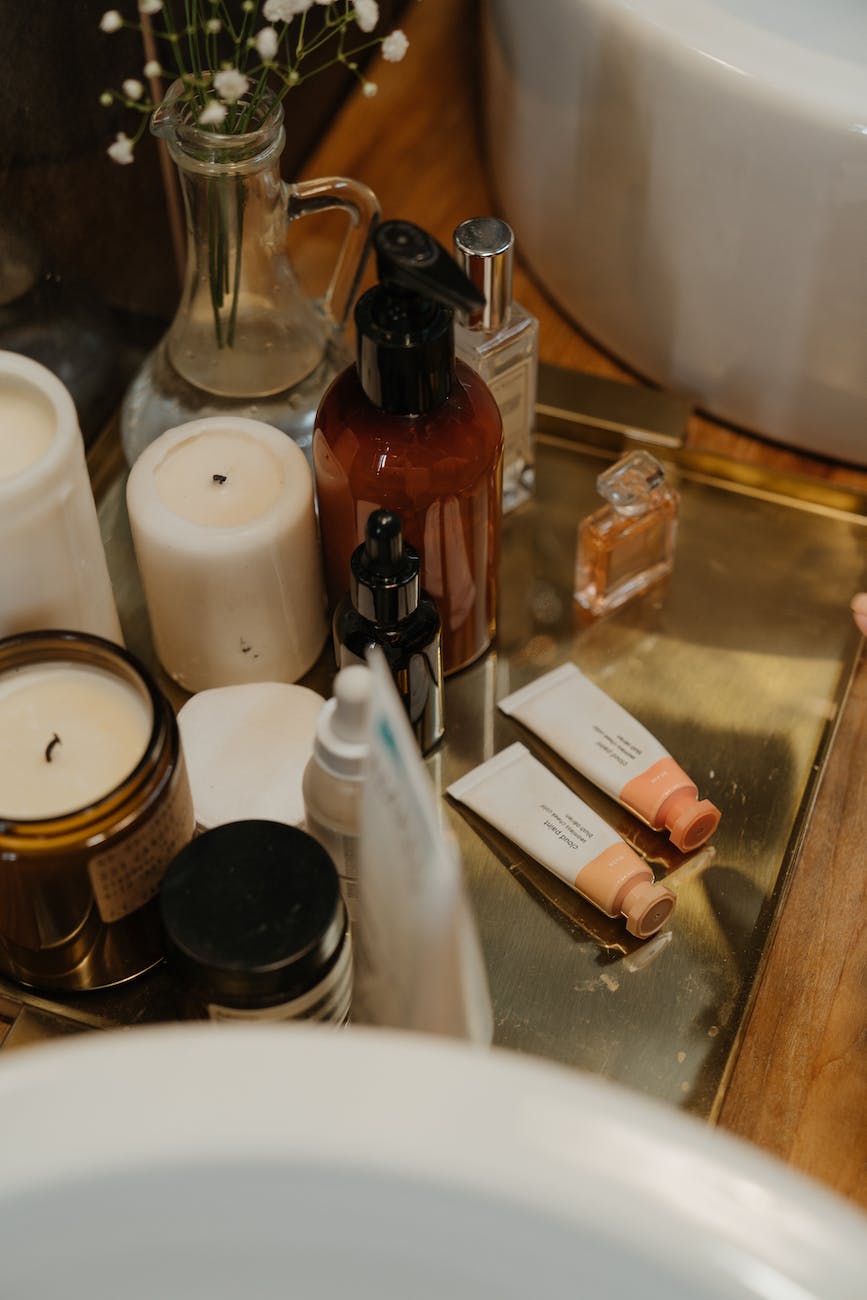Health is Wealth, Lifestyle
The Importance of Self-Care for Mental Health

Self-care is the deliberate allocation of time to activities that support our mental, emotional, and physical health. It is an essential component of a whole existence, not merely a passing phase or flashy add-on. The need for self-care is highlighted by the staggering 90% of Americans who express concern about the mental health of our country.
In this blog post, we’ll dive deeper into the intertwined relationship between self-care and mental well-being, offering tangible steps to seamlessly weave these practices into your everyday life. So, let’s journey together towards a healthier, more balanced you.
Types of Self-Care Practices
Mental self-care
Mental self-care is essential for fostering well-being and maintaining a balanced state of mind. Mindfulness practices, for instance, help anchor us in the present moment, pulling us away from past regrets and future anxieties. Meditation offers an oasis of tranquility, shielding us from the incessant noise of our thoughts. Techniques like deep breathing serve to instill a profound sense of calm and mental serenity.
Of course, while self-guided practices have their merits, there are times when the expertise of a mental health professional is indispensable. For those grappling with persistent negative thought patterns and behaviors, cognitive behavioral therapy provides a structured approach to challenge and reframe such tendencies.
Location plays a crucial role when seeking therapy. Proximity to a therapist or therapy center can reduce the stress of long commutes and make regular sessions more feasible. Especially in bustling cities, where life’s pace can exacerbate stress, having a local therapist is a boon, and finding one doesn’t have to be difficult. For example, for those in California’s vibrant city by the bay, a search for “therapy San Francisco” can lead you to nearby experts. Having a therapy center close by ensures that professional guidance is always accessible, making the journey to mental well-being more seamless.
Physical and emotional Self-care
Physical self-care involves more than simply a scale reading or a fitness objective when it comes to taking care of our bodies. It’s about feeling good and rejuvenating, whether you like an intense gym session or a peaceful walk in the park. Activities like these release endorphins, nature’s own mood booster. What we eat also plays a part – our food choices can fuel our energy or leave us drained. And of course, we can’t overlook the rejuvenating power of sleep. Sleeping is our body’s way of recharging, letting both our body and mind reset.
Moreover, tuning into emotional self-care means recognizing and honoring your emotions. Everyone’s journey is unique. For some, it might be about setting boundaries to keep their emotional space intact. For others, it could be expressing feelings through writing or having deep, meaningful conversations with a trusted friend. Whatever your method, it’s all about listening to and caring for your emotional self.
Social self-care is about cherishing human relationships. We’re social creatures at heart. Nurturing strong, positive bonds gives us emotional support, combats loneliness, and fosters a sense of belonging.
The Connection Between Self-Care and Mental Health
Every choice we make influences our mental health, even the small ones. Choosing self-care buffers us against life’s stressors, often the culprits behind mental health struggles. On the flip side, neglecting self-care can harm our mental state. Take, for example, a person always sacrificing sleep for work. This continuous lack of sleep can snowball into high stress, irritability, and mood dips. Life provides numerous such examples: a parent sidelining their passions might feel a void or resentment, while a student without breaks might become overwhelmed.
Incorporating Self-Care into Daily Life
We all know self-care is important, but making it a regular part of our daily routine? That’s where many of us hit a snag. Even on days when time seems scarce, remember, that self-care doesn’t need to be a long, drawn-out process. Maybe it’s as simple as a brief stroll outside, losing yourself in a song you love, or taking a moment to just breathe and meditate. It’s about striking a balance between getting things done and looking out for yourself. And yes, there will be days that feel like everything’s piling up. When that happens, don’t see self-care as just another thing you have to do. Think of it as your secret weapon — something that boosts your mental clarity and keeps you on track even on the busiest days.
The Benefits of Prioritizing Self-Care
Committing to regular self-care routines offers a multitude of benefits. One of the most immediate outcomes is an improved sense of mental well-being and a general feeling of happiness. These consistent moments of self-care nurture a sense of satisfaction, ensuring that even when life presents challenges, they feel less daunting and more navigable.
Furthermore, when you feel recharged and at peace internally, it reflects externally. Your interactions with family and friends become more authentic and heartfelt, and your work efficiency improves. Being well-rested and centered allows for deeper connections with those around you and helps in approaching tasks with renewed focus.
Conclusion
Self-care is more than just a popular term; it’s genuinely at the heart of living a balanced life. It provides an opportunity to fully connect with what we need physically and emotionally, going beyond simple relaxation. Making self-care a priority is a way of communicating to yourself that “Hey, I matter, and my well-being is important.” This dedication creates the foundation for contentment, stability, and overcoming obstacles in life. This small act can have positive effects on both our personal and professional connections. Let’s keep this in mind as we go about our busy days and keep in mind to take some time to ponder, reflect, and care for ourselves. Because everything around us automatically improves when we’re in a good position.










